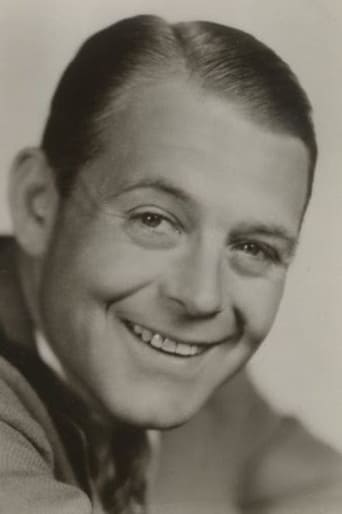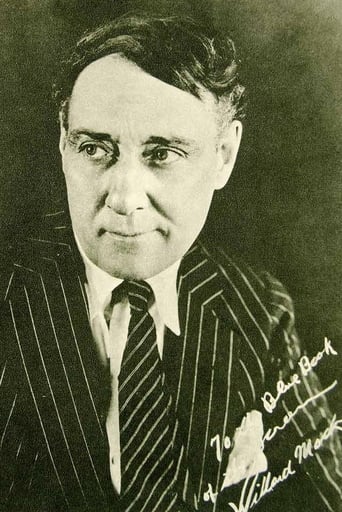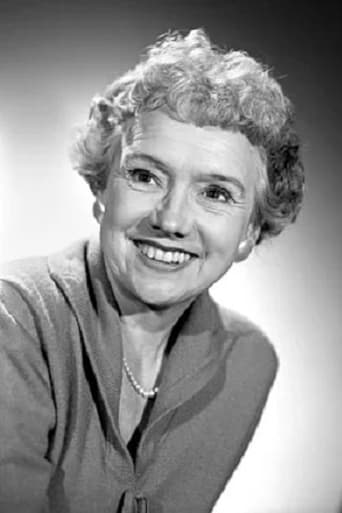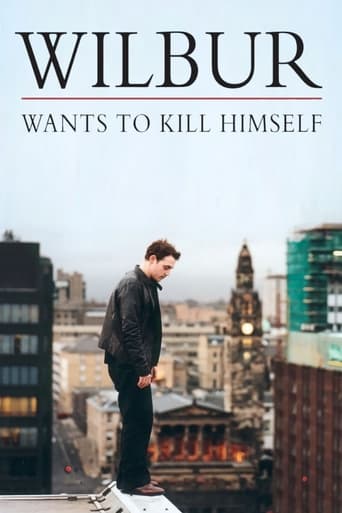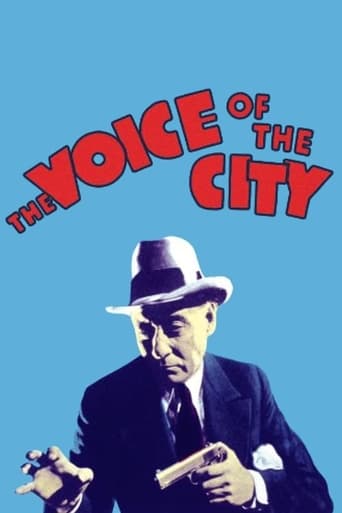
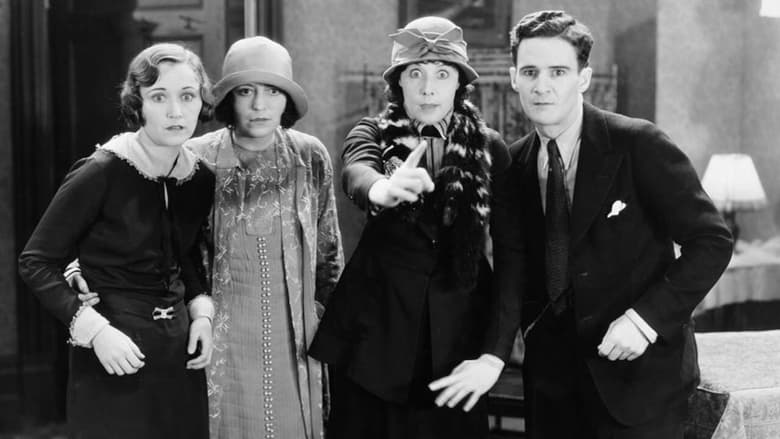
The Voice of the City (1929)
An escaped convict and the detective tasked with hunting him down end up working in parallel to clear the convict's name and nab the gangsters that framed him.
Watch Trailer
Cast
Similar titles

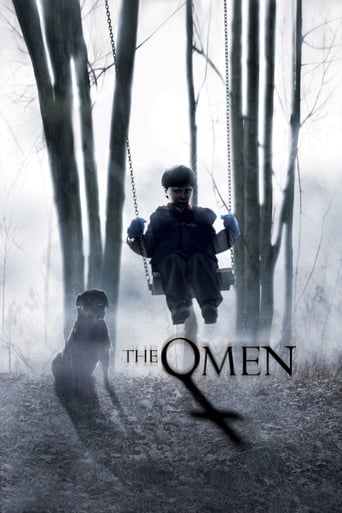
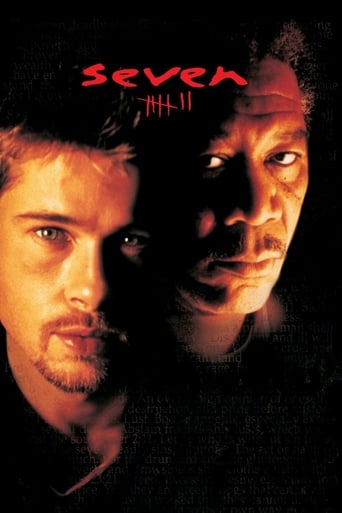
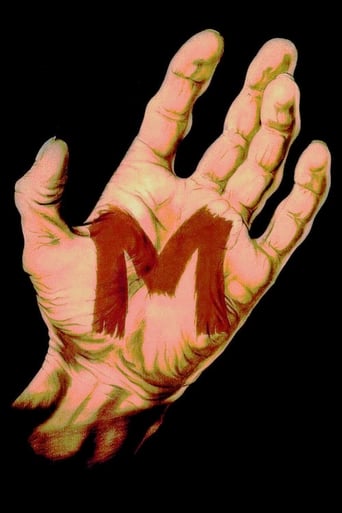

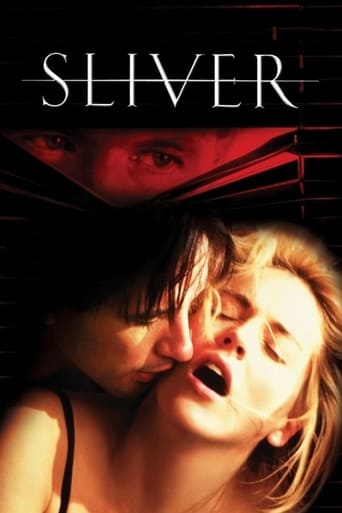
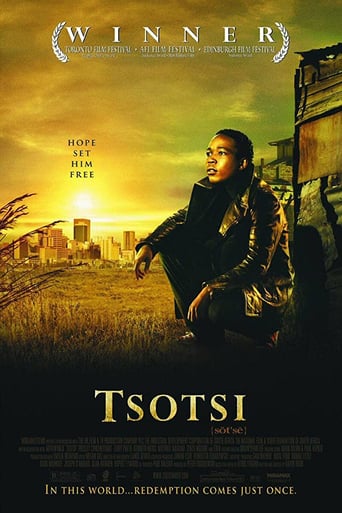
Reviews
To me, this movie is perfection.
A Disappointing Continuation
Excellent and certainly provocative... If nothing else, the film is a real conversation starter.
The best films of this genre always show a path and provide a takeaway for being a better person.
One of the worst films ever made, this dismal talk-fest posing as a crime drama is so incompetent in all departments, it's difficult to note which is worse - the script, the direction, the acting, the photography, the editing, the sets, the costumes, the budget or the music score. All of them rate a nice big zero. True, John Miljan in a typically smarmy gangster role tries to ham things up a bit, but even he is defeated by Willard Mack's totally lifeless direction, the hokey script, the scungy sets and the totally uninventive photography. In fact the whole film is photographed in a series of dialogue-heavy takes in which the camera seems to be bolted to the floor. In short, this is a movie that wouldn't do credit to a fifth-rate production house, so it's hard to believe that it actually hails from the halls of the leading movie production house in Hollywood, namely M-G-M!
The Voice of the City (1929)* 1/2 (out of 4)Pretty bad crime picture about a man (Robert Ames) who escapes from prison after he was found guilty of killing a cop and sentenced to twenty years. Since he's innocent he breaks free and stays in the attic of a friends house hoping that his innocence will be proved and he can quit hiding from both the police as well as a mob boss. THE VOICE OF THE CITY will be of interest to those, such as myself, who enjoy early talkies. Sadly, like most early talkies, this one here spends way too much time talking instead of doing anything else. Watching the early talkies today is rather interesting and it's also funny to see how quickly Hollywood would change within a few years. One thing to notice here is that the camera rarely moves and instead of moving the actors around the set, everyone pretty much stays within the frame and never moves. There are a few scenes where four or five actors will be crammed into the frame for no reason or importance to the story but instead just so the camera can get them all! There are other instances where you will notice the actors sitting around and basically leaning forward to deliver their lines, which tells me they wanted to make sure the audio was recorded. These bits and pieces are historically interesting to fans of this era of filmmaking but at the same time it also makes for a very poor movie. Willard Mack ended up being the writer, director and actor in the picture so I guess we can give him credit but sadly he just doesn't have much to work with here. There's never any real movement to the story because we basically just get people sitting around talking...and talking...and talking even more about rather boring things. The movie just doesn't contain any flare or energy and at just 81-minutes it's pretty hard to sit through it. The performances aren't much better including some really awful supporting performances. THE VOICE OF THE CITY is about as bad as they come and should only be viewed by those interested in this era of filmmaking.
... since he wrote, directed, and starred in this very primitive early sound crime drama. No Citizen Kane of course, but considering the limitations Mack had to work with - who exactly would make a good performer in sound films? nobody knew, the camera could not move, and the overreaching of diction coaches, this one had me entertained and not just because of its novelty.Bobby Doyle (Robert Ames) has been wrongly convicted and sentenced to twenty years for killing a cop, odd in and of itself in 1929 since most people got the chair for that crime in those days. Good friend, Johnny the Hop (Clark Marshall), sends Bobby the ropes and knives he needs to escape from prison. So much for prison security. He escapes and beats it back to his old neighborhood where he plans to hook up with his girl and then leave town and try to clear his name too if he can. First, though, Bobby has to evade the cops led by Biff Myers (Willard Mack) who are determined to put him back behind bars. I'll let you watch and find out how it all turns out.Willard Mack had a pretty good reputation as a writer before and after this film, and he does a good job here too of penning a story that, although very easy to figure out, has some pretty good twists and turns. However, like most early sound directors and writers, he just can't overcome those over-aggressive diction coaches. They've got Bobby's girl Beebe (Sylvia Field) and Bobby's sister Mary (Duane Thompson) speaking like they're British nobility all the while slinging the inner city gun moll lingo with a heavy side order of ain'ts. It really is quite ridiculous. As a result of these strange performances, Ms. Thompson's career is pretty much over after 1929 and Sylvia Field has to wait until television comes along to restart her career. You might remember her as Mrs. Wilson on "Dennis The Menace".However, the rest of the cast is quite good. Honorable mention has to go to Alice Moe as Martha. She puts out the dense aura and sage one-liners that become the stock and trade of Zasu Pitts in the 30's and beyond. All of the male players ring true including Clark Marshall as Johnny, the cocaine addicted mastermind of Bobby's escape, and best of all John Miljan as the slimy gangleader whose tongue hangs down to his knees whenever he's around Beebe - if she wasn't so busy over emoting as the virginal true blue girlfriend to Bobby you'd think she'd have to notice this! As for atmosphere, Mack really understood the power of sound. There is a great police interrogation scene - maybe the first one ever filmed with sound - in which the cops turn out the lights and with just the power of dialogue and shadows on the wall come up with something that will take Warner Brothers another two years to get right.I'd highly recommend this one. For those of you not used to early sound film it has a couple of very talky static stretches in it in which nothing much meaningful is really said or done, but overall it's a worthwhile experience.
Well, there are certain "transition" films - those made in 1928 and released either that year or the next when 'silent' became 'sound' - that just don't quite make the grade today, no matter how hard one may try to appreciate them. I watched "Voice of the City" (1929), one of four "transition" films released last week by Warner Archive Collection, a film made in the latter part of 1928 and released in early 1929. Directed by and starring Willard Mack, the main star is Robert Ames, an actor almost totally forgotten today because he died of acute alcoholism only two years later in 1931. Also appearing with these two are Sylvia Field, Jim Farley, John Miljan, and others.The opening is exquisite. The camera shots and the marvelous editing are fluid, genuinely dynamic. Then the story begins with one of the most stagnant scenes I've ever witnessed on screen, made worse because the microphone is menacingly visible throughout the entire scene! And the players play to the microphone by their stagnant - unendingly stationary - placement before it - the blocking looking much like a very amateur play done in high school. What's worse, one of the female characters is so awful as to be embarrassing to watch! Indeed, the opening expositionary scene is so stagy that I felt as if I were in a small theater with only ten seats in it for the audience. Really bad. It gets better, but, honestly, not by much. After such a good two minutes of opening...This is a crime story - and a pretty good one at that. But by the end I was happy it was over. John Miljan has the best part, even better than Robert Ames, but he's not in the show enough, and he always needs great direction to give a good performance. Here he's adequate. Frankly, the best actor in the group is the director, Willard Mack. He ought to be decent: he'd been in films since 1913! He was a writer, director, actor, and producer, and even a dialogue coach on a couple of films. He could do it all, but not necessarily well enough when left all on his own...Do NOT rush out to buy this disc. It's a curiosity at best. History in the making, but history that - thank the Lord - is past, dead and gone.
